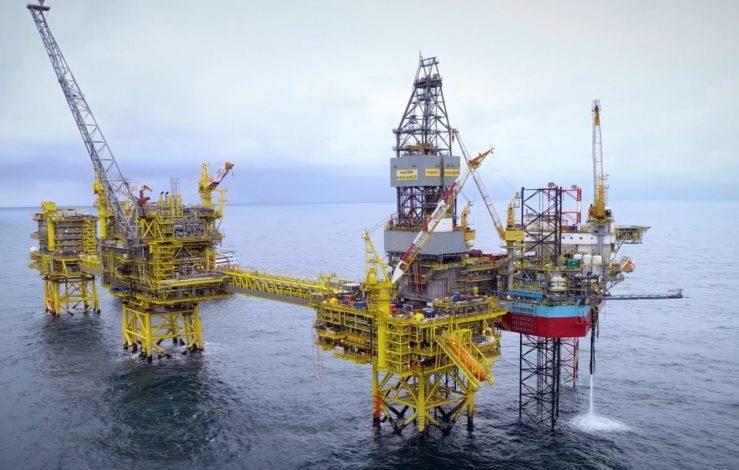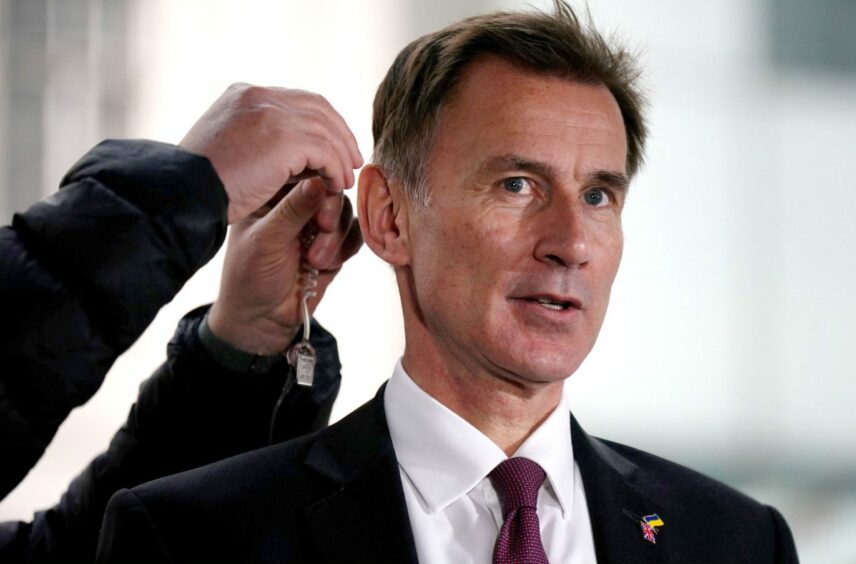
North Sea operator TotalEnergies (LON: TTE) expects to shell out millions of pounds to the UK Government, as a result of the divisive windfall tax.
In a trading statement, the French supermajor says the “energy profits levy impact” in its “2022 adjust results” is forecast to be $1 billion (£818 million).
For the fourth quarter of last year alone, TotalEnergies expects its tax receipts relating to the EPL to be $400m (£328m).
That excludes a $300m (£246m) “negative deferred tax impact accounted as special item”.
TotalEnergies’ will hold a 2022 results and 2023 outlook presentation next month.
EPL here to stay
In his autumn budget, Chancellor Jeremy Hunt upped the headline rate of tax on North Sea oil and gas producers.
As well as raising the EPL by an additional 10% to a total of 35% – when combined with other taxes it means companies now pay 75% overall – the policy was extended until 2028.
To add insult to injury, a sunset clause, that would have caused the windfall tax to end if the oil price fell below a certain level, was done away with.
North Sea firms and trade bodies slammed the move, and warned that companies ability to invest in energy security would be constricted as a result.
Companies responding as feared
It was a projection that quickly came true, with TotalEnergies confirming plans to slash its UK spend by a quarter in 2023 in response to the levy increase.
In a statement, the company’s outgoing UK chairman Jean-Luc Guiziou told Energy Voice that the move would entail it cutting its North Sea investment plans by £100m.
Mr Guiziou said the lack of a price floor was particularly concerning.
While TotalEnergies axed its spend, Harbour Energy, the North Sea’s top producer, revealed it wouldn’t be taking part in the latest licensing round.
The windfall tax increase means Harbour faces a $5.5bn bill for 2022-2028, according to analysts.
Pay day for public purse
For Westminster anyway, the policy – first announced as part of a package of measures designed to combat the UK’s cost-of-living crisis – is working as it should.
Prolonged high oil and gas prices mean for tax receipts from the sector could be on course to hit an all-time high.

Analysis carried out by the Office for Budget Responsibility last year has proceeds from the industry hitting £20.7 billion in 2023-24.
Just over half of that, £10.8bn, will be as a result of the windfall tax.
If takings do hit that level, it would be “an all-time high for oil and gas revenues in cash terms”, and the “highest as a share of GDP since 1985-86”.
Recommended for you


 © PA
© PA © Supplied by TotalEnergies
© Supplied by TotalEnergies